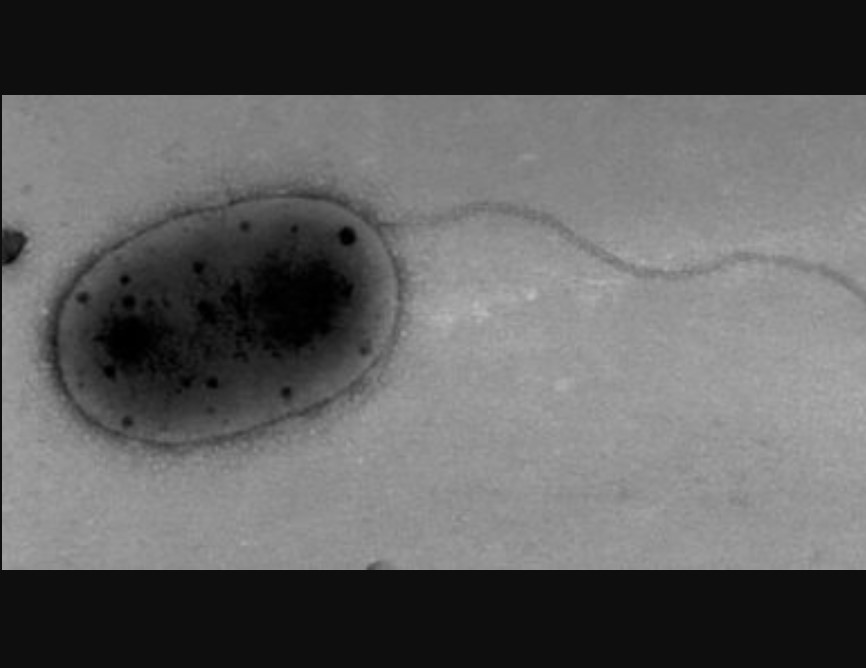The menagerie of bacterial and fungal species living among us is ever growing – and this is no exception in low-gravity environments, such as the International Space Station (ISS).

Researchers from the United States and India working with NASA have now discovered four strains of bacteria living in different places in the ISS – three of which were, until now, completely unknown to science.
Three of the four strains were isolated back in 2015 and 2016 – one was found on an overhead panel of the ISS research stations, the second was found in the Cupola, the third was found on the surface of the dining table; the fourth was found in an old HEPA filter returned to Earth in 2011.
All four of the strains belong to a family of bacteria found in soil and freshwater; they are involved in nitrogen fixation, plant growth, and can help stop plant pathogens. Basically, good bacteria to have around if you’re growing things.
You might wonder what such soil bacteria were doing all the way up on the ISS, but the astronauts living on the space station have been growing small amounts of food for years, so it’s unsurprising that we’ve found plant-related microbes aboard.
One of the strains – the HEPA-filter find – was identified as a known species called Methylorubrum rhodesianum. The other three were sequenced and found to all belong to the same, previously unidentified species, and the strains were named IF7SW-B2T, IIF1SW-B5, and IIF4SW-B5.
The team, lead by University of Southern California geneticist Swati Bijlani, has proposed calling the new species Methylobacterium ajmalii after Ajmal Khan, a renowned Indian biodiversity scientist. This new find is also closely related to an already known species called M. indicum.
“To grow plants in extreme places where resources are minimal, isolation of novel microbes that help to promote plant growth under stressful conditions is essential,” explained two scientists of the team.
Considering we already know that these microbes can survive the harsh conditions of the ISS, the team put the four strains through genetic analysis to look for genes that could be used to help promote plant growth.
“The whole genome sequence assembly of these three ISS strains reported here will enable the comparative genomic characterization of ISS isolates with Earth counterparts in future studies,” the team writes in their study.
“This will further aid in the identification of genetic determinants that might potentially be responsible for promoting plant growth under microgravity conditions and contribute to the development of self-sustainable plant crops for long-term space missions in future.”
There’s much more research to be done here. The researchers acknowledge that they’ve barely scratched the surface of microbial diversity on the space station. Around 1,000 samples have already been collected on the ISS, but are still awaiting a trip back to Earth.
Just imagine the exciting space-faring microbes we are yet to discover! And how exciting it will be to create mutants for our future life in space… I will definitively stay on Earth… What about you? [Science Alert]
Now subscribe to this blog to get more amazing news curated just for you right in your inbox on a daily basis (here an example of our new newsletter).
You can also follow us on Facebook and/ or Twitter. And, by the way you can also make a donation through Paypal. Thank you!
You should really subscribe to QFiles. You will get very interesting information about strange events around the world.













